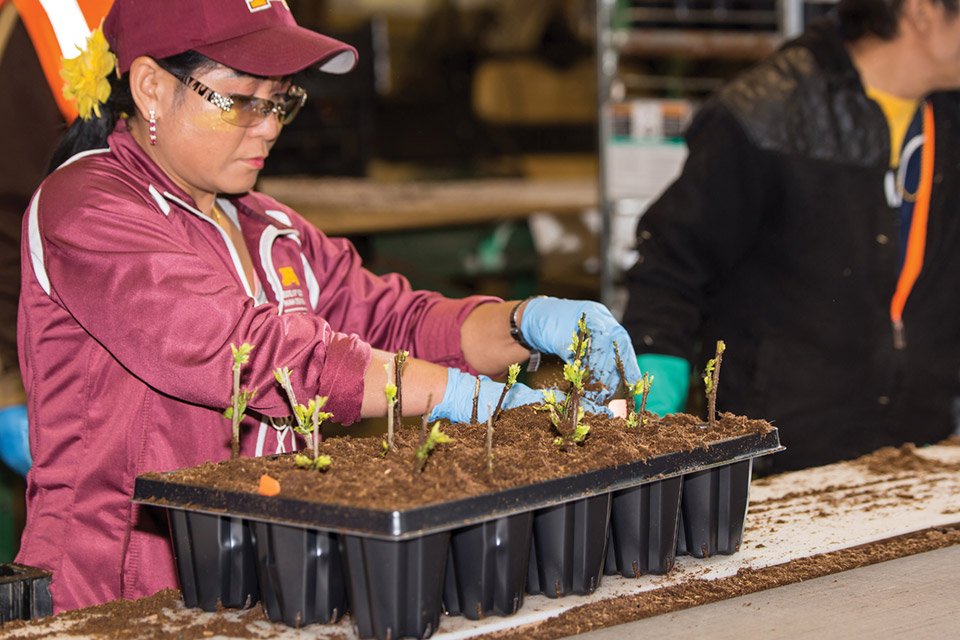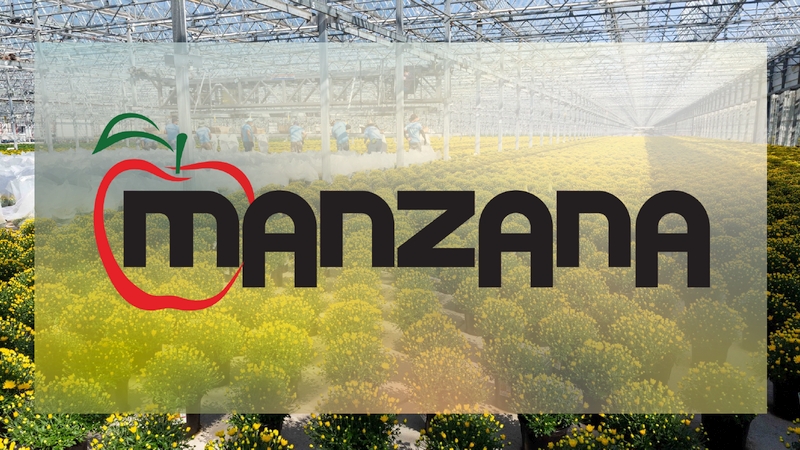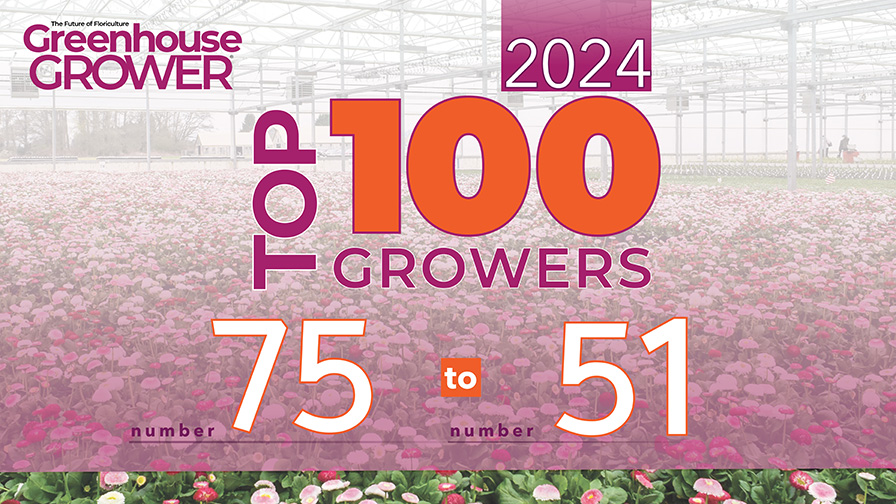It’s Time to Put Your Company Talent First. Here’s How You Can Do It
 Success in maintaining a fully staffed and motivated workforce in 2023 goes beyond the basics of hours and wages. The most progressive operations are the ones looking at new benefits and other innovative strategies to attract and keep employees at all levels.
Success in maintaining a fully staffed and motivated workforce in 2023 goes beyond the basics of hours and wages. The most progressive operations are the ones looking at new benefits and other innovative strategies to attract and keep employees at all levels.

During Greenhouse Grower’s upcoming GROW Executive Summit, a panel of experts will share their best ideas and real-world strategies and solutions for talent management that you can apply this coming season with your own workforce.
Moderated by Greenhouse Grower Managing Editor Julie Hullett, the panel includes:
- Brian Cook, President of Local Bounti
- Ryan Douglas, Founder of Ryan Douglas Cultivation
- Todd Downing, Manager Partner and co-Founder of BEST Human Capital and Advisory Group
- Geneiva McNeale, Training and Development Manager at Metrolina Greenhouses
“For so many companies that have grown along with the horticulture industry over the last few decades, the focus has been on the plants and growing the business, and rightfully so. Moving forward, with the changing workforce and its changing demands, that focus will need to shift to growing the individuals and the team,” McNeale says. “Gen Z is estimated to make up 27% of the overall workforce by the year 2025, and they have been raised in an environment that has taught them to expect different things from their employer. If their employer does not meet those expectations, those workers will simply leave. For companies that don’t change with the times, the labor pool will continue to dwindle.”
Labor is consistently one of the top three concerns for commercial greenhouse growers across the country.
“We are not yet at a point where robots and automation can run a greenhouse, so hiring and retaining the right people is crucial to running a flourishing plant-growing business,” says Douglas.
Downing notes that no matter how effective automation is, the industry’s true success comes from its people.
“In horticulture, we have a tremendous talent gap as we have not attracted talent at level of other industries. In addition, baby boomers who make the highest percentage of our industry are retiring at a faster and faster pace, thus creating even more of a talent gap,” Downing says. “Generations change attitudes and values, and part of growing talent that stays with a company in a productive manner is understanding what professionally engages all generations. Employees want more professional training and development, a collaborative culture of respect, no micromanagement, and a host of other values that are different than what preceded them.”
Downing says he plans to share specific examples and strategies that companies are implementing that are successfully increasing retention, productivity, and the ability to attract strong talent.
“It’s important to know how the horticulture industry can successfully assess for great talent from other industries and attract those coming out of college better, in addition to sharing compensation and benefit changes,” he says.
“In order to continue growing your business, you’ll need to attract and retain the best young talent to take you into the future,” McNeale concludes. “To do that, successful companies will need to adapt to the needs of the incoming workforce. The business model and leadership style that made you successful yesterday is not going to sustain your success tomorrow. Being open to new ways of thinking will bridge that gap.”
To learn more about the GROW Executive Summit and to register, click here.










